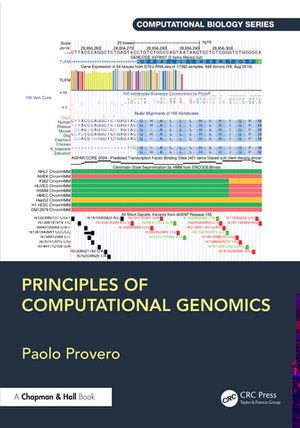
At a Glance
eText
$121.00
or
Available: 13th May 2025
Preorder. Online access available after release.
Read online on
Desktop
Tablet
Mobile
Not downloadable to your eReader or an app
Why choose an eTextbook?
Instant Access *
Purchase and read your book immediately
Read Aloud
Listen and follow along as Bookshelf reads to you
Study Tools
Built-in study tools like highlights and more
* eTextbooks are not downloadable to your eReader or an app and can be accessed via web browsers only. You must be connected to the internet and have no technical issues with your device or browser that could prevent the eTextbook from operating.
ISBN: 9781040337677
ISBN-10: 1040337678
Series: Chapman & Hall/CRC Computational Biology Series
Available: 13th May 2025
Format: ePUB
Language: English
Publisher: Taylor & Francis
Edition Number: 1
You Can Find This eBook In
Other Editions and Formats
This product is categorised by
- Non-FictionScienceBiology, Life SciencesLife Sciences in GeneralGenetics excluding Medical
- Non-FictionMathematicsApplied Mathematics
- Non-FictionScienceBiology, Life SciencesMolecular Biology
- Non-FictionComputing & I.T.DatabasesData Capture & Analysis
- Non-FictionComputing & I.T.Computer Science
- Non-FictionEngineering & TechnologyBiochemical EngineeringBiotechnology
























